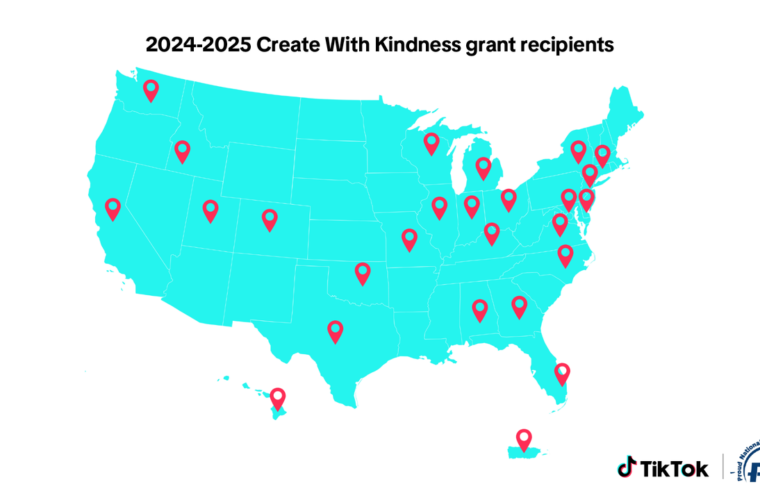ByteDance – platform’s owner – has recently acquired the start-up Pico and made its first inroad into the VR world
TikTok owner ByteDance has made its first steps into the Virtual Reality (VR) world through the acquisition of the newly established company called Pico.
Beijing-based Pico was founded in 2015 and employs more than 300 people. The start-up mainly distributes VR headsets to businesses worldwide as well as consumers in Asia.
ByteDance hasn’t disclosed broad terms of the deal, but in a written announcement stated that “comprehensive suite of software and hardware technologies, as well as the talent and deep expertise of the team, will support both our entry to the VR space and long-term investment in this emerging field”.
According to a June IDC report, Pico is now considered the third-largest VR headset maker globally following Facebook subsidiary Oculus and Chinese company DPVR. With its orders growing by 44.7% year over year, Pico stands as a key player in the VR technology world and the TikTok parent company is ready to take advantage of the start-up to make its first foray into virtual reality.
Pico is primarily known for its Neo lineup and caters to both professionals and consumers, with its Neo 3 Pro Eye set for a North American and European release. Also in March, ByteDance bought the Moonton mobile gaming studio for $ 4 billion.
VR headsets are gaining popularity as more and more games and fitness apps are adopting technology. That’s why the acquisition of Pico, as analysts estimate, comes as an attempt by the TikTok parent company to compete with Facebook, which is also entering the world of VR technology.

Facebook and TikTok are not the only players who seem to be investing in virtual reality. Last year, Apple bought NextVR, a virtual reality company, causing thoughts that it could work on its own VR headset, and Sony also preparing a follow-up to its PlayStation VR headset. So far, Facebook leads the virtual reality headset market, but according to analysts there is plenty of room for other companies as well and Pico also performed well during the first quarter of 2021.
Looking ahead, IDC forecasts VR headset shipments to grow 28.9% year over year in 2021. “However, the forecast reflects supply-side constraints as some vendors will struggle with component shortages during the year. The long-term outlook remains quite strong as global shipments are forecast to grow to 28.6 million in 2025 with a five-year compound annual growth rate (CAGR) of 41.4%” stated in a recent IDC report.
“The commercial use cases for virtual reality continue to proliferate,” said Tom Mainelli, group vice president, Device & Consumer Research at IDC. “As companies continue to plan for a future that encompasses a combination of both in-person and remote work, we see VR playing an increasingly important role in driving next-generation collaboration, training, and digital events.”
Currently, ByteDance is known as a social media app company, since it has primarily invested in TikTok and the China-based Douyin. By acquiring Moonton and Pico it sparked speculation that VR will play a key role in the future of the company but also in the applications it manages, although at the moment no precise information has been leaked about how the TikoTok parent company intends to make its next foray in VR. To the above, it is worth adding the fact that ByteDance has also experience in releasing hardware as well since it launched the Jianguo Pro 3 in 2019, a China-exclusive smartphone.
It is interesting to see how Pico will be utilized under its new ownership, if and to which extend this acquisition will eventually affect TikTok features and the overall users’ experience.



